Their silence often says more than barking ever could.
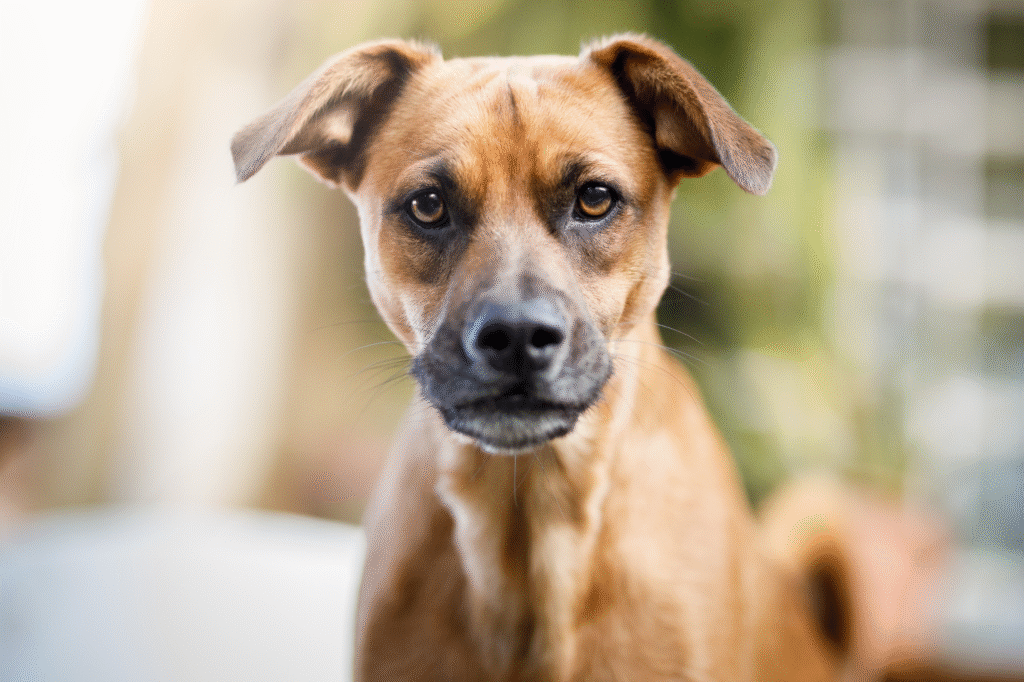
Dogs are not shy about expressing themselves, so when they stop making noise, it feels personal. That sudden hush around a particular person can leave you wondering if your dog sees something you don’t. It’s not always fear or dislike; sometimes, it’s something stranger or surprisingly sweet. Their silence is a signal, and it comes with reasons that range from instinct to experience to straight-up vibe checking.
1. They sense tension long before humans notice.

According to the American Kennel Club, dogs pick up on subtle cues like body language, tone, and even heart rate changes in humans. This heightened awareness can make them instantly go silent around someone radiating stress or anger.
The silence is their version of taking a step back. They’re reading the room in a way that feels almost psychic, staying calm while they figure out if the person is safe. It’s less about being scared and more about gathering intel before making a move.
2. Past negative encounters shape their response.

As stated by the Humane Society, dogs often remember individuals linked to unpleasant experiences, even if it was just a raised voice or a rough touch. Those memories can trigger a cautious stillness the moment that person shows up.
It’s their way of protecting themselves without being overtly defensive. They’re not always holding a grudge; it’s more like they’re putting up an emotional speed bump until they’re sure history won’t repeat itself.
3. They detect unfamiliar scents connected to danger.
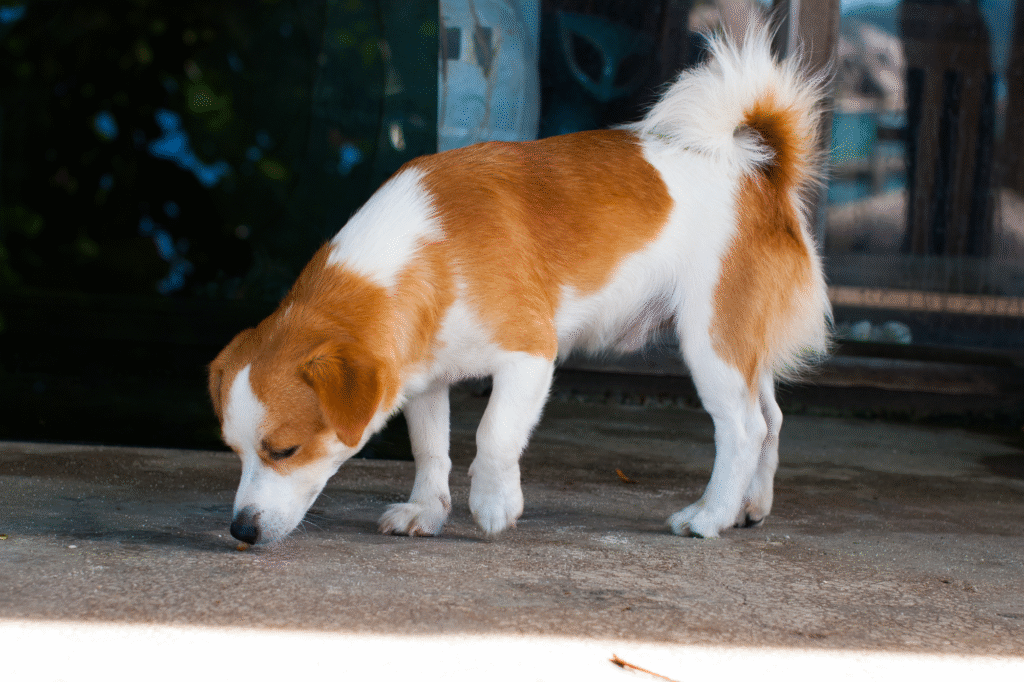
Reported by PetMD, dogs rely heavily on their sense of smell, which is far more advanced than ours. Scents like chemicals, alcohol, or other animal odors can put them on edge, especially if those smells are linked to past negative associations.
That quiet pause is part instinct and part analysis. They’re basically scanning for safety, taking time to process whether this new scent means threat or no big deal. It’s a survival reflex that sometimes feels deeply personal but is really just primal programming.
4. Authority figures make them rethink behavior.

Some dogs go quiet around people who carry themselves like leaders. That energy can come from confident posture, direct eye contact, or simply a no-nonsense vibe. It’s like a natural pause button triggered by respect or uncertainty.
They’re not necessarily scared, just cautious. Many dogs seem to hold their breath, figuratively speaking, until they’ve decided if this person is friend, foe, or alpha material worth following.
5. Height differences can feel intimidating.
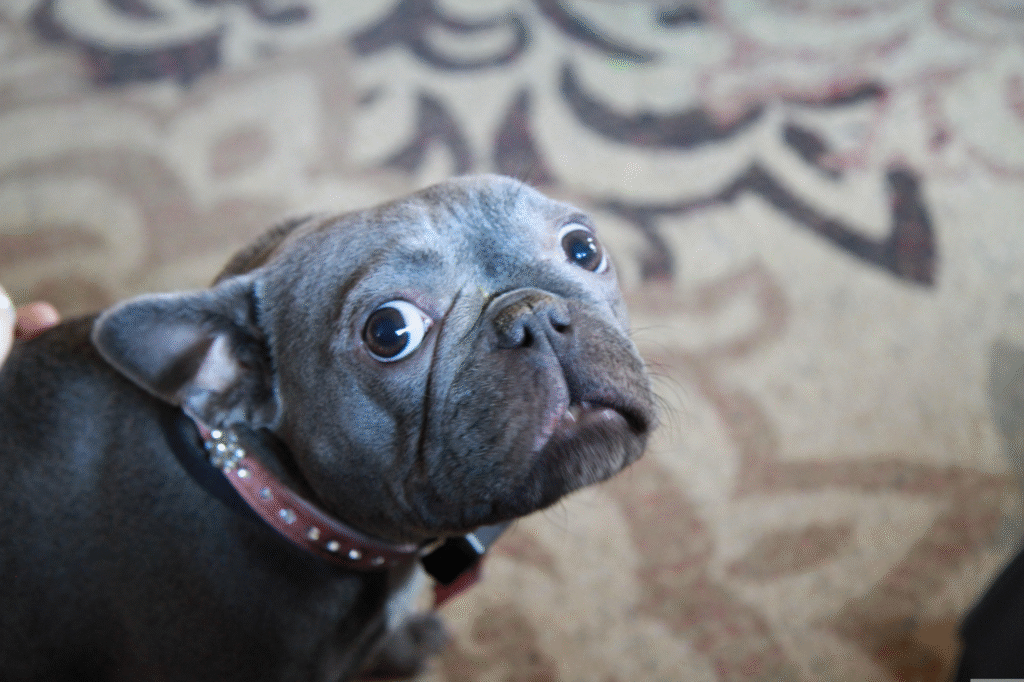
Dogs may act differently toward people who tower over them or move in unpredictable ways. Someone unusually tall, broad-shouldered, or heavy-footed can make even confident dogs stop and evaluate.
This stillness is often a prelude to a comfort check, waiting to see what the towering figure does next. Once they feel safe, their usual personality tends to return quickly, but that initial silence says a lot about their instincts.
6. Strong perfumes or chemical smells throw them off.
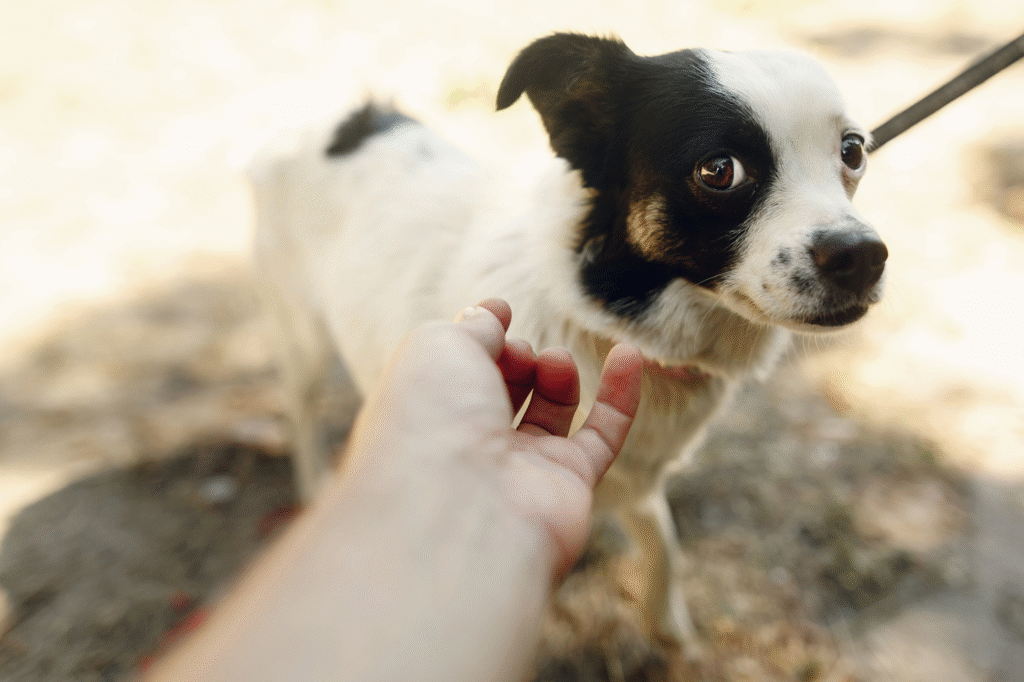
Fragrances and chemical-heavy products can overwhelm a dog’s nose, which is far more sensitive than ours. A person coated in cologne, cleaning agents, or even hair spray can become an unexpected sensory overload.
The quietness that follows isn’t aggression; it’s confusion. They’re recalibrating to handle an intense wall of scent, almost like how we’d pause if someone shouted directly into our ears.
7. People who avoid eye contact make them curious.

Dogs are masters at reading faces, and when someone avoids looking at them, it can seem suspicious. They may go quiet to process the disconnect, unsure whether this is shyness or something worth worrying about.
This silence is temporary curiosity. They’re basically running a social scan, and once they feel comfortable, their noise level tends to spike back up to normal.
8. Different accents or voice tones can throw them off.
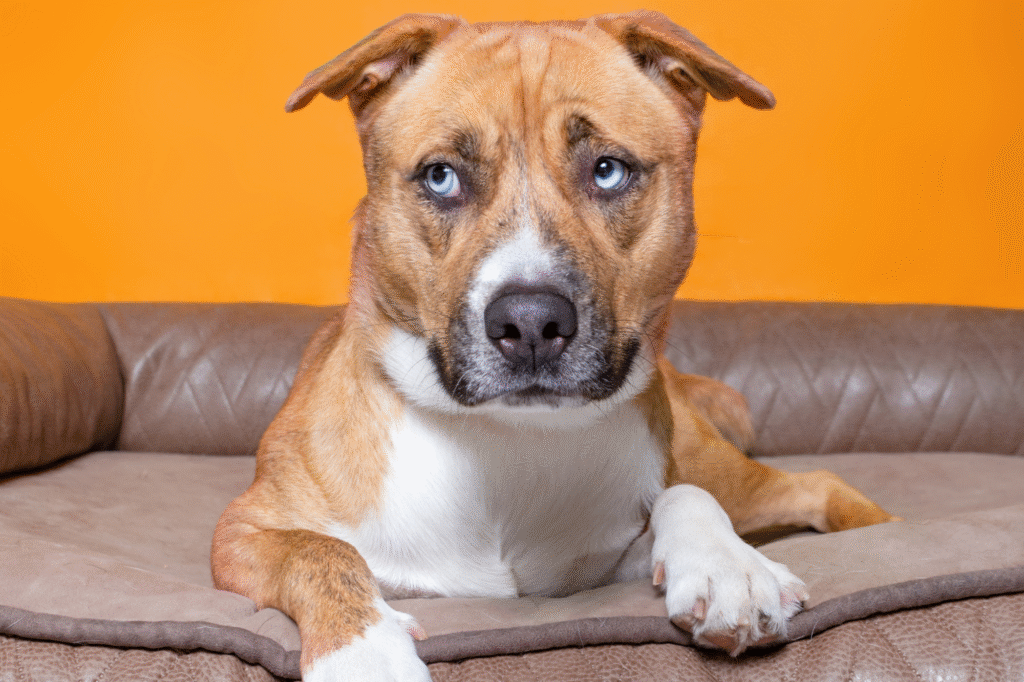
Dogs respond to tone and pitch as much as words. Someone with a deep or unusually high voice, or even a strong accent, can cause them to pause. It’s not rudeness; it’s recalibration.
That moment of quiet is often followed by cautious engagement once they’ve sorted out the sound. Until then, silence is their default processing mode.
9. Illness or medication changes human scent.
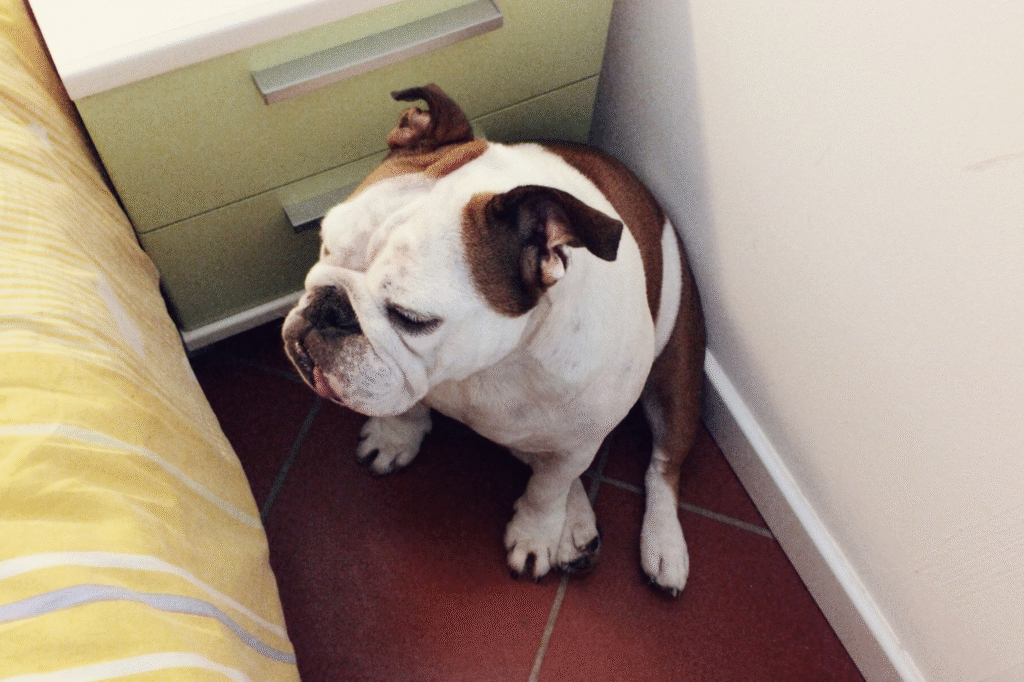
Dogs can smell chemical changes in humans caused by illness, medication, or even stress hormones. When they detect something “off,” they sometimes hush, focusing on processing the new information.
They’re not judging; they’re detecting shifts in biology we can’t even feel yet. This stillness can actually be a protective instinct, keeping them alert until they figure out what’s happening.
10. Some dogs just prefer quieter energy.
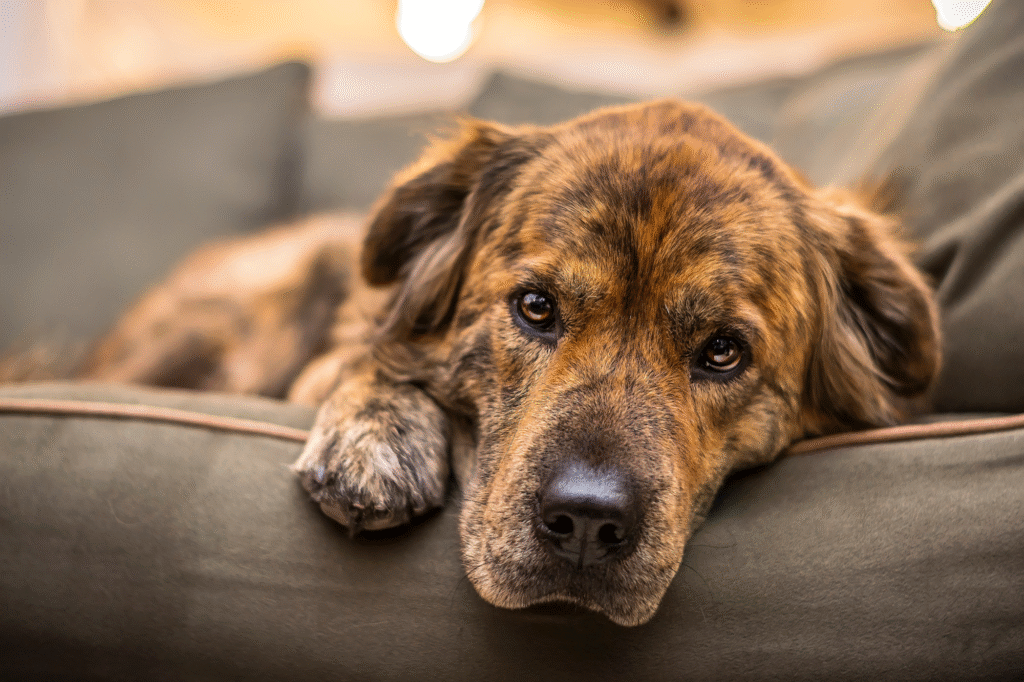
Not every silence is defensive. Some dogs naturally vibe with calm or introverted people and match their energy. That can look like sudden quietness when they meet someone who feels grounded and non-threatening.
This is more like a comfort response than anything else. Instead of barking or bouncing, they relax into quiet, reflecting the person’s low-energy presence.
11. Trauma survivors often read dogs differently.
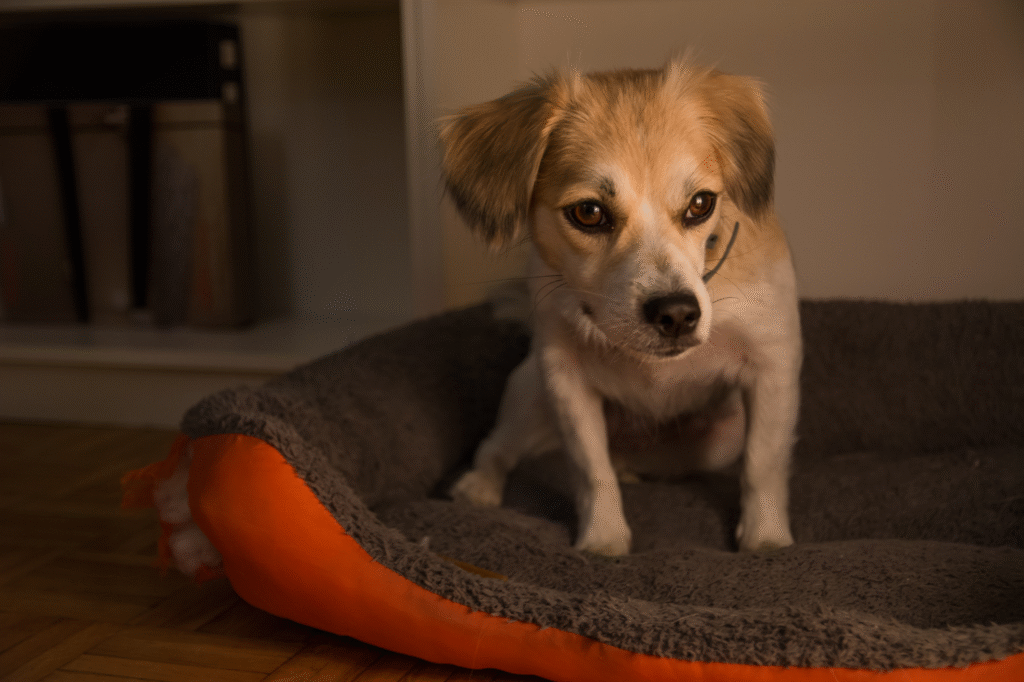
People who have lived through traumatic experiences sometimes carry body language that dogs respond to differently. That mix of caution, hesitation, or even sadness can make a dog pause and fall silent.
It’s not judgment—it’s empathy. Dogs are famous for mirroring human emotion, and when they sense something heavy, they often choose stillness over noise, almost like a moment of solidarity.
